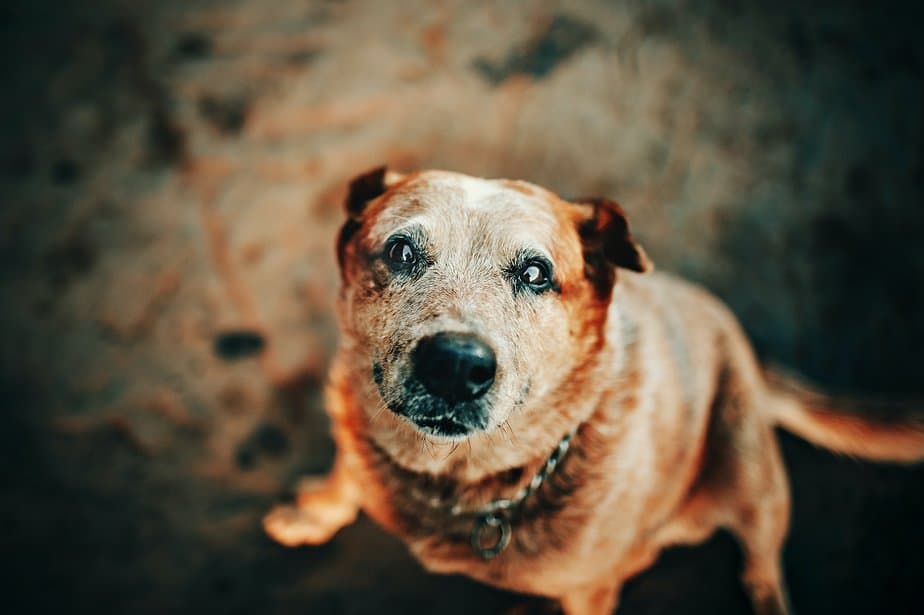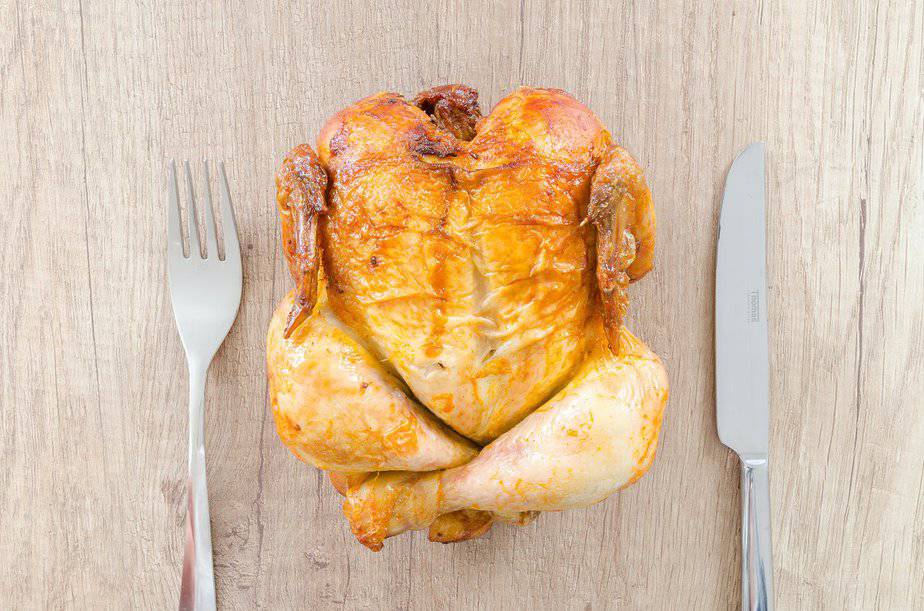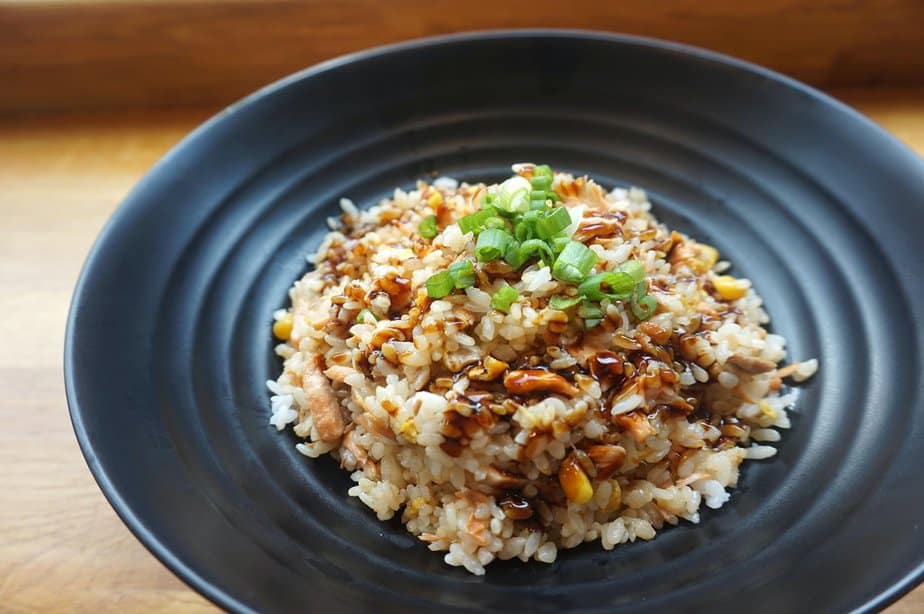As our loyal companions age, their dietary needs change. This is what this article is about: what is the Healthiest Dog Food for Senior Dogs?
Given the variety of options, ranging from dry and wet to homemade food, it’s essential to choose the one that caters to your elderly dog’s specific needs. This article will explore these types of food, considering different conditions, sizes, and specific needs of your senior canine.
Types of Food: Dry, Wet and Homemade
There are no perfect solutions, so look for the one that fits your needs best, but most importantly work for your dog!
Dry Food
Dry kibble is a popular choice for many reasons. It’s convenient, cost-effective, and good for dental health. The best dog food for senior dogs in dry form will contain high-quality proteins, healthy fats, fiber, and tailored nutrients for aging dogs. Look for brands that focus on natural ingredients and avoid fillers and artificial additives.
Wet Food
Wet or canned food is another suitable option for senior dogs. It’s generally more palatable and easier to eat, particularly for dogs with dental issues. Soft food can also provide hydration, beneficial for dogs with kidney problems. However, here too, remember to check the ingredient list for high-quality proteins and low levels of processed grains and additives.
Homemade Food
Providing a homemade diet allows you to control the quality of ingredients in your dog’s food. However, creating a balanced diet that meets all the nutritional needs of an older dog can be a challenge. If you opt for homemade meals, it’s recommended to consult with a veterinary nutritionist to ensure a nutritionally balanced diet.
For Different Conditions and Needs
Sensitive Stomach
Senior dogs often develop more sensitive stomachs, making them prone to digestive issues. Specialized food for sensitive stomachs, usually featuring easy-to-digest ingredients, probiotics, and dietary fiber, can help maintain digestive health.
Careful though, if you buy cans, it can be very expensive!
Weight Loss and Obesity
As dogs age, they become less active, leading to weight gain. Overweight dogs need a diet low in calories but high in fiber and proteins to feel full and maintain muscle mass.
Consult your vet for the most suitable diet plan. Also, try to make your dog as active as possible in the best way possible for your dog. Check the food portions as well.
Allergies
Food allergies in dogs can manifest in many ways, including skin irritations and digestive issues. Hypoallergenic dog food formulas, free from common allergens such as wheat, dairy, or certain meats, can alleviate these symptoms.
Dog Sizes
Small Dogs
Small dogs have faster metabolisms, meaning they may need more calorie-dense food. Additionally, smaller breeds often live longer, meaning they spend a larger portion of their lives as seniors. Small kibble or wet food designed for small breeds will be easier for them to consume.
Large Dogs
On the other hand, larger breeds often have joint issues. Their diet should include ingredients like glucosamine and chondroitin for joint health. Large breed senior dog food usually contains fewer calories to prevent weight gain, which can exacerbate joint problems.
In short…
So, what is the healthiest dog food for senior dogs? The answer depends on your dog’s specific needs. Whether dry, wet, or homemade, the best dog food for senior dogs will cater to their individual health conditions, dietary needs, and size. Always consult with your vet or a pet nutritionist when making changes to your senior dog’s diet to ensure it meets their nutritional requirements while keeping them happy and satisfied.




